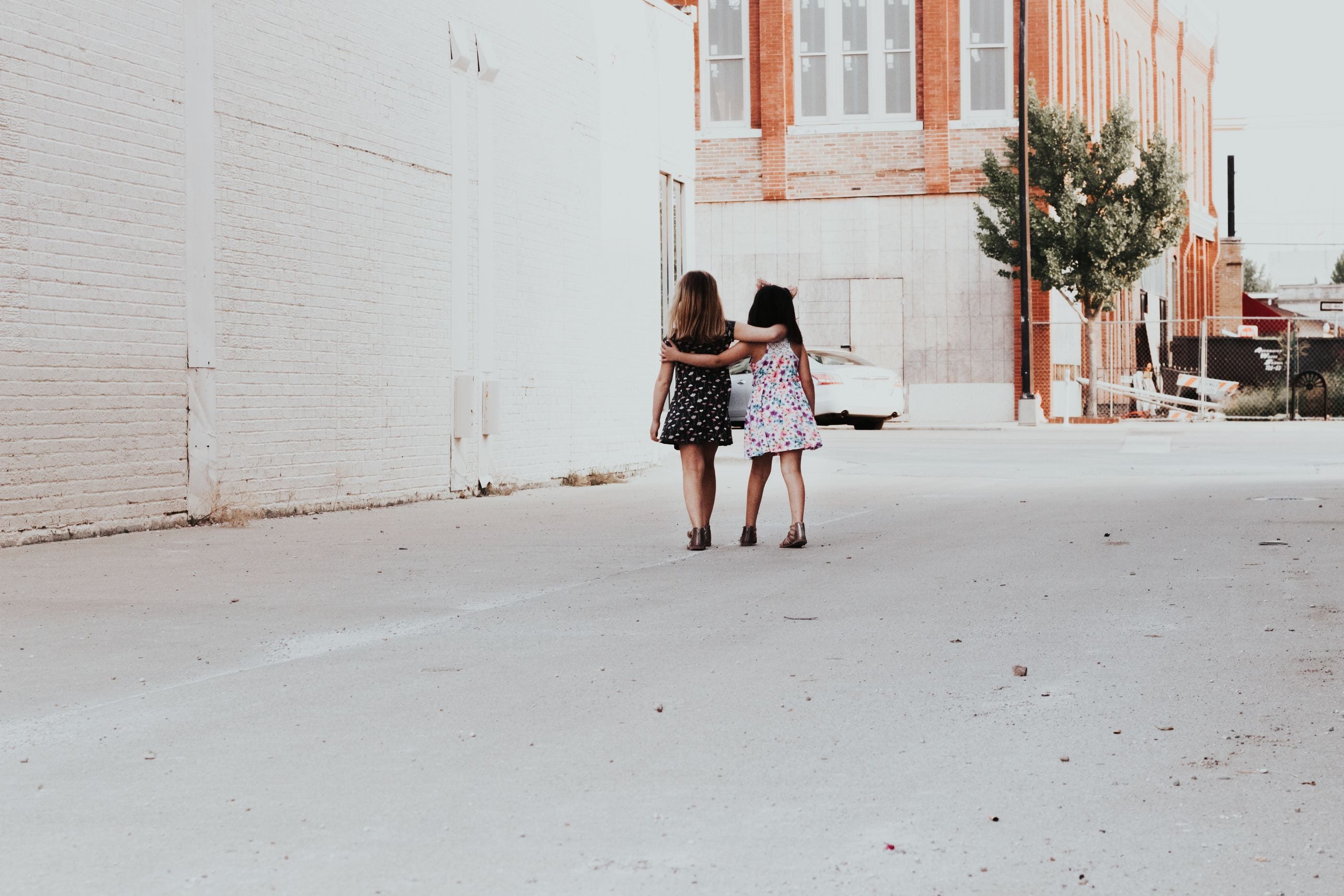
This post was developed in collaboration with our friends at JRNI Life Coaching, a coach training collective dedicated to equipping humans to live their very best lives and impact the world for good. At JRNI we believe that anyone can learn and practice empathy and basic life coaching skills to help move society in the direction of understanding and cohesion. Life coaching centers on meeting people where they are at. In order to do this, an empathetic lens is essential. Practicing empathy builds self-awareness, social bonds and strengthens resources for individuals and communities alike. If you are interested in becoming a life coach or creating a more empathetic community explore our collective at jrni.co.
Humans are tribal creatures who are not meant to live life alone. Yet, we live in a time where factors like technology and social stratification cause isolation, misunderstanding and separation that hurts us as a society. Being truly empathetic is what can bring us back together. Empathy and community building and are human skills that can be learned and cannot be replicated by technology. Harnessing these skills to build connection to others builds a strong foundation of relational habits that leads to stability in life.
According to the UC Berkeley Greater Good Science Center the term “empathy” is used to describe a wide range of experiences that includes the ability to sense others’ emotions, to conceptualize what someone else might be thinking or feeling, and to differentiate your own experience of emotion from the experience of others. Yogic philosophy and practice can help us to develop empathy through developing skill in examining your own consciousness and building awareness as it relates to others. Kundalini mantras are another wonderful way to engage your own vibrations and elevate consciousness.
What happens when we treat people empathetically?
In The Science of Empathy, Dr. Helen Reiss describes the critical role that empathy plays in shaping pro-social behavior through shared experiences, needs and desires. When we treat people empathetically we engage a gorgeous interplay of neural networks that enables us to perceive emotions, understand others perspectives and distinguish between our own and others emotions.
Practicing empathy enables you to see others through a lens that you may have may not otherwise have been able to access. There are two different kinds of empathy: cognitive empathy and emotional empathy, both of which can be bolstered by yogic practices of compassion and interpersonal awareness. Kristin Neff, a positive psychology researcher renowned for her work on the science of self-compassion, tells us that we can draw from the wellspring of shared human experience of suffering in order to build emotional empathy and self-compassion. Cognitive empathy is the act of consciously seeking to understand perspectives and experiences that are different from yours. This can be harnessed when a lack of emotional empathy exists due to racial, ethnic, religious, or physical differences. Building empathy is like building any other kind of muscle or skill, it takes awareness, intention, practice and repetition so keep at it.
It’s powerful—and feels good!—to be kind.
Consciously and emotionally treating people with empathy goes both ways… It not only makes the person on the receiving end feel good, but it’s powerful to be kind. Kindness is an active form of engagement that flows from empathy.
Studies show that if a person is empathetic they will be able to deeply understand a situation and put the needs of others above their own. This leads to behaviors that benefit others, fostering feelings of positivity and peer acceptance that leads to increased wellbeing and positive social bonds.
According to Random Acts of Kindness, engaging in empathy based acts of kindness can reduce pain, stress, anxiety, depression and blood pressure. Christine Carter, from the Greater Good Science Center, says that this kind of behavior can also cause a boost in energy. “About half of participants in one study reported that they feel stronger and more energetic after helping others,” she says. “Many also reported feeling calmer and less depressed, with increased feelings of self-worth.”
And that’s not all… empathy-based kindness practices extend far beyond the individual.
The Ripple Effect
Humans work best in community and partnership with others. Engaging in the practice of empathy as has incredible outcomes that ripple out to the rest of society. Practicing empathy strengthens self-awareness, mental flexibility and emotion regulation. This in turn leads to replenishment and renewal of a vital human capacity. Empathetic experiences lead to positive outcomes in engagement where multiple parties feel satisfied, seen, heard and understood.
Shared positive interactions between humans promotes the discovery of creative ideas and helps to build social bonds. In turn, social bonds bolster each individual’s personal resources. These resources range from physical and intellectual, to social and psychological, and function as reserves that can be drawn on later by communities to improve the odds of successful coping and survival.
Turning to yogic philosophy, Kelley Vanderwall believes that as society transitions from the Piscean Age into the Aquarian Age, Kundalini yogic philosophy is increasingly vital in navigating one’s own consciousness, and as a means of connecting to others and to greater awareness and empathy.
—
 Noelle Cordeaux is CEO and co-founder of JRNI. She is also a feminist scholar, coach, speaker, and sexologist who specializes in the relationship with the self. She has carved out a unique niche in the world of coaching, combining positive psychology with clinical sexology to help her clients gain true progress.
Noelle Cordeaux is CEO and co-founder of JRNI. She is also a feminist scholar, coach, speaker, and sexologist who specializes in the relationship with the self. She has carved out a unique niche in the world of coaching, combining positive psychology with clinical sexology to help her clients gain true progress.
